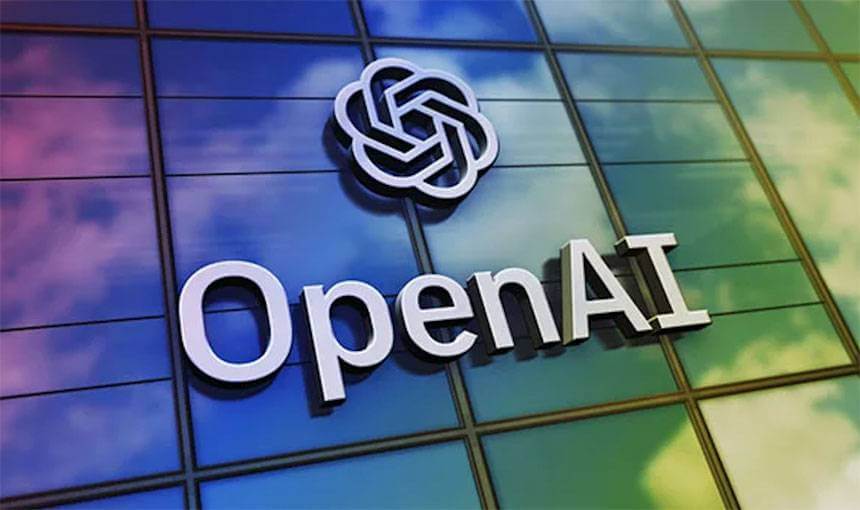OpenAI is reportedly expanding its focus beyond core AI technology by exploring potential applications in consumer health, signaling a major strategic shift for the company. The AI giant is considering developing its own consumer health tools, with investors suggesting that OpenAI possesses the resources to excel in this sector. This move could potentially reshape how individuals manage and interact with their personal medical data.
Potential Healthcare Tools
OpenAI is reportedly considering several options, including a personal health assistant and a health data aggregator. These tools could empower users to consolidate their medical information in one place, gain personalized health insights, and simplify access to healthcare services. CEO of OpenAI, Sam Altman, stated that health was one of ChatGPT's top use cases when OpenAI released GPT-5 in August. He also said the new model could help people understand their healthcare and make decisions regarding their health.
Strategic Hires
OpenAI's interest in healthcare has grown over the past year. This is evidenced by the appointment of key individuals to lead its healthcare initiatives. In June 2025, Nate Gross, co-founder of Doximity, a health technology company, was appointed to lead OpenAI's healthcare strategy. In August 2025, Ashley Alexander, formerly with Instagram, joined as Vice President of Health Products.
Challenges and Opportunities
The healthcare sector has proven challenging for tech companies to break into. Major firms like Google, Amazon, and Microsoft have made previous attempts to empower consumers with their health data, but with limited success. Google shut down its health record service in 2011 due to low adoption. Microsoft's HealthVault also failed to gain traction and was shut down in 2019. Amazon ended its Halo fitness tracker in 2023. Despite these failures, investors and healthcare leaders believe that OpenAI is well-positioned to succeed where others have struggled.
One key challenge lies in solving the problem of the personal health record. Currently, health data is scattered across different doctors due to data privacy rules and financial incentives. The idea behind a personal health record is to consolidate all of that information into one place that can be owned and managed by the patient.
Partnerships and Existing Healthcare Engagements
OpenAI is already collaborating with pharmaceutical companies like Eli Lilly and Sanofi on drug discovery projects. They are also working with health tech firms such as Penda Health on AI-powered clinical support. Additionally, OpenAI is expanding enterprise deployments of ChatGPT with health systems and research institutions.
Gross highlighted that a significant number of ChatGPT's 800 million weekly active users seek medical information on the platform. This suggests a strong demand for AI-driven health guidance. Greg Yap, a partner at Menlo Ventures, noted that consumers are increasingly shifting their health questions from traditional search engines like Google to more conversational AI platforms.
Focus on AI in Healthcare
OpenAI has also developed an AI model in collaboration with Ambience Healthcare that is designed to automate medical coding processes. This model has demonstrated a 27% improvement in accuracy compared to human coders. OpenAI introduced HealthBench, a new evaluation benchmark, to ensure the effectiveness and safety of AI applications in healthcare.
Future Implications
OpenAI's potential move into consumer health marks a new era of AI-driven healthcare. By integrating AI into clinical workflows, administrative processes, and medical device design, OpenAI is paving the way for more efficient, accurate, and accessible healthcare services.















